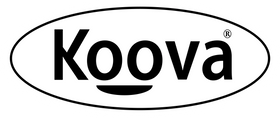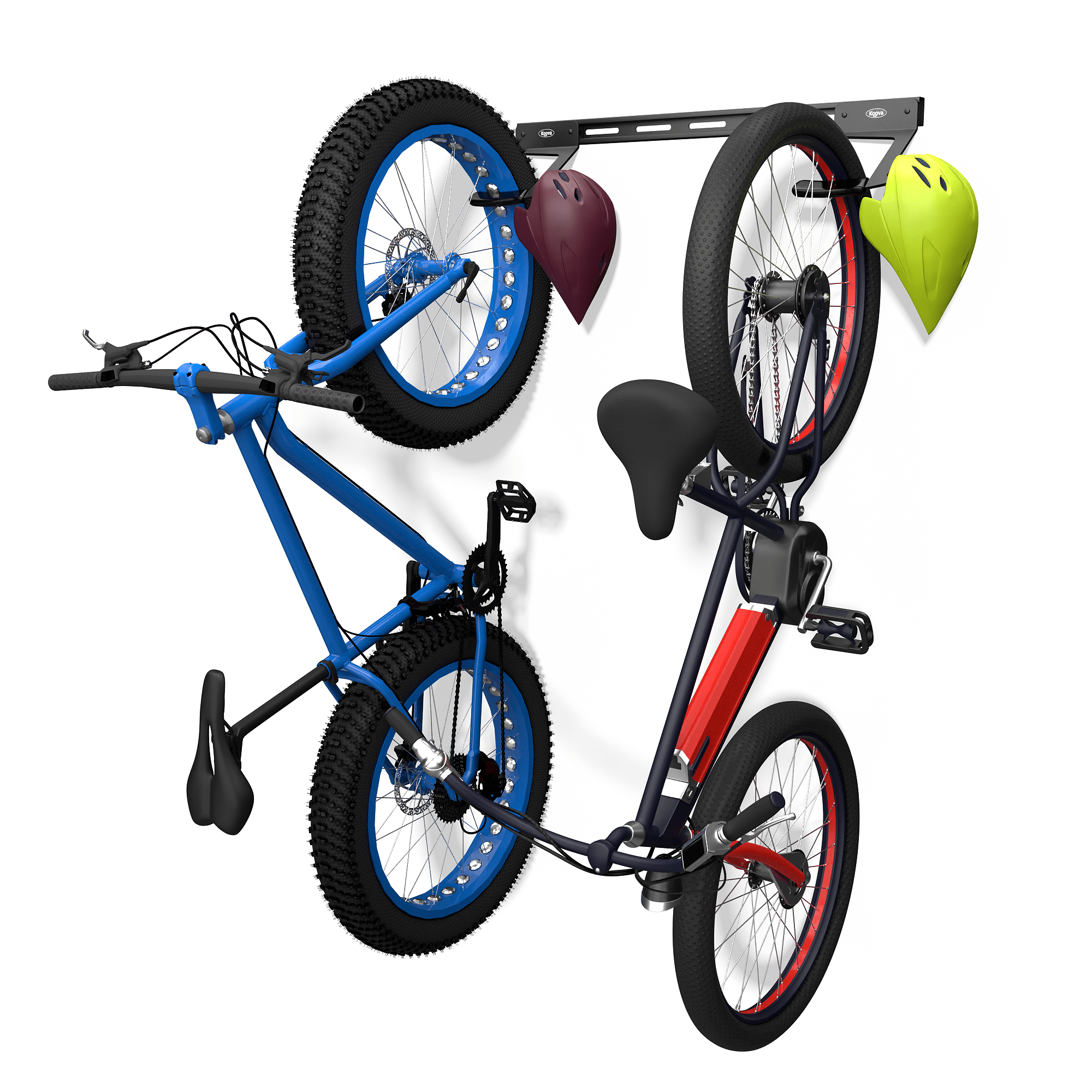Frequently Asked Questions
1. What are functional zones in a garage?
2. Why are functional zones important for garage organization?
3. How can I create functional zones in my garage?
4. What are some smart organization solutions for a garage?
5. How can I maintain my garage's organization over time?
Your garage is more than just a storage space; it's an extension of your home that can serve multiple purposes. Whether you are a DIY enthusiast, a car aficionado, or just someone looking to organize their clutter, creating functional zones in your garage can transform it into a highly efficient area. This article will guide you through the process of defining these zones and offer tips on organizing them effectively.
Understanding Functional Zones
Before diving into the nitty-gritty of garage organization, it's essential to understand what functional zones are. Functional zones are designated areas within your garage that serve a specific purpose. Identifying and creating these zones can help you declutter your space and improve the overall functionality of your garage.
The Importance of Functional Zones in Your Garage
Creating functional zones in your garage offers several benefits:
- Maximized Efficiency: Knowing where everything is saves you time and effort.
- Improved Safety: Keeping items organized reduces the risk of accidents.
- Enhanced Aesthetics: An orderly garage can improve your home's overall appeal.
- Greater Utilization: You can efficiently use the space for various purposes.
How to Create Functional Zones
Creating functional zones involves careful planning and organization. Here are some steps to guide you through the process:
1. Assess Your Current Situation
Start by taking stock of your garage's current state. Open the door and take a good look around. Identify what items you currently have, which can help you determine what zones you need to create. Questions to think about include:
- What do I use frequently?
- Are there any items I no longer need?
- Are there tasks I perform in the garage that require specific space?
2. Identify Your Zones
Common functional zones you might consider include:
- Storage Zone: This area can hold everything from seasonal items to tools and gardening supplies.
- Workshop Zone: A dedicated workspace for DIY projects or repairs can be incredibly beneficial, filled with tools and materials.
- Vehicle Zone: A space designed specifically for your car, bicycle, or motorcycle can save wear and tear on your vehicles.
- Cleaning Zone: This zone can hold cleaning supplies, outdoor gear, and other items related to maintaining your home and yard.
3. Plan Your Layout
Utilizing a good layout is key. Once you have identified your zones, sketch a rough layout. Consider the flow of movement within the garage; you should be able to easily transition from one zone to another without any obstacles. A well-planned layout can help maximize your storage and efficiency.
Smart Organization Solutions
Once you've designated your functional zones, it's vital to implement smart organization solutions to keep everything in order. Here are some effective methods:
Utilize Vertical Space
One of the best strategies for maximizing storage is to use vertical space. Shelves, cabinets, and wall-mounted storage systems allow you to take advantage of the often-underused space above ground level. For example, a Wall Mounted Keychain Rack can help organize keys and small tools, keeping them visible and accessible while saving drawer space for other items.
Label Everything
Labels can make a world of difference in maintaining organized zones. Use a label maker or simple masking tape and a permanent marker to clearly mark where everything belongs. This practice will not only help you but also anyone else using the space.
Designate a Spot for Frequently Used Items
Consider creating a “command center” for items you frequently access. Position these items near the entrance of your garage or the workshop zone to streamline your workflow. Imagine never having to search for your tools again!
Seasonal Items Management
Managing seasonal items is crucial for garage organization. Here's how you can create a practical system:
Store Away Winter Gear in Summer
When the seasons change, so should your storage. Rotate seasonal items, such as winter gear, holiday decorations, or sports equipment, based on their relevant time of year. Use clear bins for visibility, and label them for accessibility, making it easier to switch your setup with the seasons.
Clear Bins vs. Solid Color Bins
Clear bins allow you to visually identify contents quickly—essential for seasonal storage. Solid-colored bins can look more aesthetic; however, they often require additional labeling. Weigh these options when deciding on your storage solutions.
Creating a Functional Workshop Zone
If your garage doubles as a workshop, proper organization is non-negotiable. Here are some tips to help you craft an ideal workspace:
Tool Organization
Keep tools organized in a way that makes sense for your workflow. Consider a pegboard for tools or a tool chest for larger items. You can even create a dedicated space for special tools and supplies, ensuring they don't get buried under other materials.
Work Surface
A sturdy workbench is essential for any garage workshop. Ensure it’s positioned in a way that allows for safe usage, keeping it free from clutter so you can focus on your projects.
Safety Considerations
As you organize your garage, don’t overlook safety. Here are several precautions to take:
Keep Hazards Out of Reach
Store hazardous materials, chemicals, and sharp tools out of reach, especially if you have children or pets. Use secure cabinets or shelves to minimize risk.
Organize Cords and Electrical Tools
Cords can pose tripping hazards, so invest in cord organizers or cable management systems to keep them tangle-free and out of the way.
Maintaining Your Garage Zone Structure
After you've put your plans into action and created functional zones, the real work begins—maintaining those zones. Here are some ongoing practices to ensure your garage remains organized:
Regular Inventory Check
Set a schedule (e.g., monthly or quarterly) to perform an inventory check of your garage. This will help you keep track of what items you have, need to dispose of, or need to replace.
Adjust Zones as Needed
As your needs change, don’t shy away from adjusting your functional zones. The garage should evolve with you, accommodating new hobbies, seasonal items, or even changes in your family’s dynamics.
Encourage Family Contributions
Promote a collective responsibility for the garage with your family. Engage everyone in the upkeep of your organized zones so that it doesn’t fall solely on one person’s shoulders.
Unlocking Your Garage's Full Potential
The key to transforming your garage into a dynamic and functional space lies in establishing well-defined zones. By understanding the importance of organization, assessing your needs, and implementing creative solutions, you can create a space that not only meets your requirements but also enhances your overall lifestyle. Whether you engage in hobbies, store items, or just need a place to park your car, proper zoning can radically improve how you use your garage.


